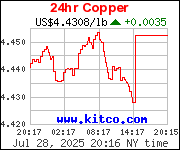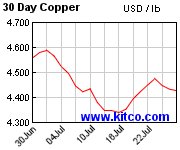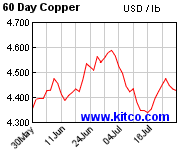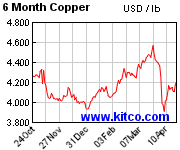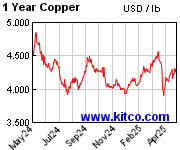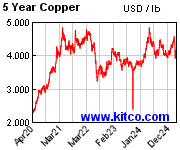http://www.thenational.com.pg/092707/business1.htm
PNG is ranked 84th in ease of doing business
By FRANK ASAELI
PAPUA New Guinea ranks 84th among the 178 economies in terms of ease of doing business, according to the World Bank Group’s latest report – Doing Business 2008.
And the country lagged behind Fiji, Tonga, Samoa, Vanuatu, Kiribati, Solomon Islands and Palau, according to the document that investigates the regulations affecting business activity.
Notably, PNG is right behind China, which is at number 83.
The document was launched yesterday by the Development Co-operation Centre (DCD) at the World Bank Country Office (PNG).
While the report said the Pacific region remained one of the most business-friendly, it showed an overall decline in ease of doing business in the Pacific island countries, with most economies failing in their performance last year.
The report said Fiji was the best performing Pacific country at spot 36 while Timor Leste had the poorest business climate at 168th.
The report, however, noted that the Pacific had special disadvantages which were not measured by the Doing Business indicators, such as distance from markets and smallness of domestic economies.
The rankings are based on 10 indicators of business regulation that tracked the time and cost to meet government requirements in business start-up, operation, trade, taxation, and closure.
“The report finds that equity returns are highest in countries that are reforming the most,” World Bank vice president for Financial and Private Sector Development Michael Klein said.
Co-sponsored by the World Bank and the International Finance Corp (IFC), the private sector arm of the World Bank Group, the Doing Business report gave policymakers the ability to measure regulatory performance in comparison to other countries, learn from global best practices and prioritise reforms.
This is an annual publication that investigates global regulations that enhance business activity and those that constrain it, ranking countries on their ease of doing business.
“The indicators are used to analyse economic and social outcomes, such as informality, corruption, unemployment, and poverty.”
The rankings do not reflect such areas as macroeconomic policy, quality of infrastructure, currency volatility, investor perceptions or crime rates.
Top reformers are identified and best practices in how to reform are highlighted.
The launch linked seven locations in the region via videoconferencing including Sydney, Beijing, Hong Kong, Manila, Port Moresby, Singapore and Tokyo and the main launch session followed by a more local discussion session with Sydney and Timor Leste.
|


 Thread abonnieren
Thread abonnieren




